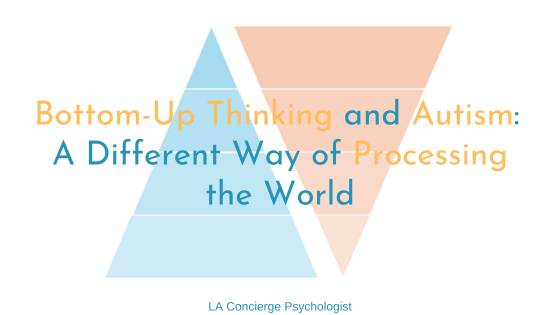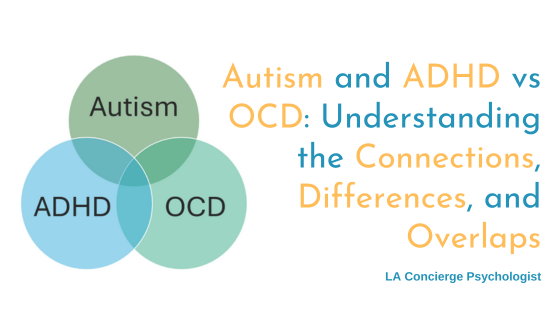Generosity is a remarkable quality that has the power to enhance our lives. Not only does it enable us to create closer relationships with others, but it also provides us with invaluable support during challenging times.
One of the significant benefits of generosity is its ability to help people maintain strong and meaningful friendships. When we display acts of generosity, such as offering our time, resources, or support, we show others that we truly value them. This, in turn, strengthens the bond between people and encourages them to remain close, knowing they have someone who actively cares for them.
While generosity is generally regarded as commendable, it’s important to acknowledge that there can be downsides to it as well. One potential drawback is the tendency to give until you have nothing left out of a sense of guilt or obligation. When individuals feel compelled to be generous without considering their own well-being, it can lead to exhaustion, burnout, and neglect of their own needs.
Additionally, excessive generosity can result in a swing towards resentment. When people consistently give beyond their means or boundaries, they may start feeling taken advantage of or unappreciated. This can ultimately leading to bitterness or withdrawal. Therefore, while generosity is a wonderful quality to have, it is essential to strike a balance and ensure that you practice it in a way that is sustainable, respects personal limits, and prioritizes self-care.
So how does generosity work healthily in friendships?
1. Find Giving Equilibrium
Finding a balance between giving and receiving is crucial for building healthy relationships. Being generous and doing things that benefit others is essential, but it’s equally important to receive something back. You don’t need to receive something tangible. The satisfaction of making a positive impact on someone’s life can be more than enough. That depends on your own personal needs.
However, even if you find giving a gift unto itself, try not to let things go so far that you become a self-sacrificing giver. Consistently putting the needs of others before your own can be detrimental to your mental health and cause harm to your relationships. Instead, aim to strike a balance between your needs and the needs of others. Don’t be afraid to communicate your own needs, and be receptive to others’ needs as well. This creates a balance that will help both people avoid resentment or guilt.
2. Understand Your Motives for Generosity
Being generous with your friends is a beautiful way to show them love and support, and it can strengthen the bonds between you. However, it’s crucial to ensure that your generosity is coming from a place of genuine care and not from a need for validation or affection from friends. When we give because we are seeking love or approval, we put an unhealthy burden on our friendships that can cause them to start falling apart.
This is referred to as an anxious giving style. Anxious giving stems from a place of insecurity and fear. When we give from a place of anxiety, we do so because we fear losing the other person’s affection or approval. We may give to try and earn someone’s love or forgiveness. Or, perhaps it’s because we feel guilty for not having done enough in the past. Anxious giving can be damaging to relationships because it can come across as desperate or manipulative and can lead to a sense of obligation or resentment from the recipient.
On the other hand, when we give out of a place of love, we create a space for mutual appreciation. Our friends are more likely to respond positively when they feel that our generosity is coming from a genuine desire to support and uplift them. This is called secure giving. It’s a style of generosity that stems from a place of abundance and confidence in ourselves and our relationships. When we securely give, we do so freely and without expectation of anything in return. We give simply because we want to make someone else’s day brighter or because it aligns with our values and sense of purpose.
3. Base Your Generosity on Mutualism
Mutualism describes the levels of benefits that both people receive from a friendship, as well as the degree of support they give each other. It’s also one way to determine where your boundaries should be set in any given relationship.
When you are in a mutual relationship, you can still set boundaries, but you may need to be more flexible with the boundaries you set. The question becomes not whether you can be there for a friend, but in what ways can you be there for them. Mutualism implies that you are both invested in the relationship’s success and willing to make compromises to ensure that both people’s needs get met.
For instance, if a friend is going through a tough time, you might be able to adjust your boundaries to offer them the support they need, even if it isn’t something you’d normally have capacity for. And on the flip side, if you can’t fulfill all their expectations, they will understand that your boundaries can only bend so far without causing you harm.
In relationships where there is less mutualism, that understanding isn’t there. It’s easier to find someone ready to make demands of you without that willingness to compromise. In these cases, it’s okay to set firmer boundaries to protect yourself. You can still show generosity and care for these friends, but be mindful of your own well-being and don’t compromise your boundaries.
4. Avoid Over-Dependance
It’s easy to start reaching out to someone constantly, expecting them to always be there for you. It feels good to have consistent friends to rely on in a crisis. But this can quickly lead to a one-sided and unsustainable relationship. Instead, it’s important to consider the needs of the other person and not just your own.
Consider whether you’re at least trying to make yourself available to your friend as much as they make themselves available to you. Do you ever reach out to them just to spend time together or is it only when you’re dealing with a problem? How consistent are you, and how much does the quality of your friendship depend on your personal level of crisis?
As with the act of making friends, offering support must be an intentional thing. Make sure your friend knows that you are available to them. And you can still ask them for their support. But you need to make sure you’re offering it in return and not using them as a support ATM.
5. Be Intentional with Your Generosity
When it comes to generosity, it is crucial to approach it with intentionality. Avoid falling into the trap of giving simply out of a sense of obligation, as this path can lead to burnout and exhaustion. Instead, be mindful and self-aware of your generosity. Take the time to understand what holds significance for both you and your friends. By aligning your acts of generosity with your values and the needs of others, you can ensure that your giving is meaningful and impactful. Embracing intentionality in generosity allows for authentic connections, respectful boundaries, and the creation of a nurturing environment for both givers and receivers.
Get Support in Balancing Generosity with Boundaries
Generosity is powerful in both good and bad ways. It’s important to understand what you need, what your friends need, and what level of generosity you want to dedicate to each individual relationship. It’s most important to find equilibrium so that you can set the boundaries you need while still showing up for the people who matter to you.
So many of us have grown up with the wrong ideas about boundaries, generosity, and even friendships. If you want to work on building stronger relationships and building the right kind of boundaries, a therapist can help. At this practice, we will walk along side you as you open up yourself to the people in your life while learning to care for and value yourself in the process. To see how we can help, you can send us a message or book a free 20 minute consultation call with Dr. Barajas or Dr. Goldman.



